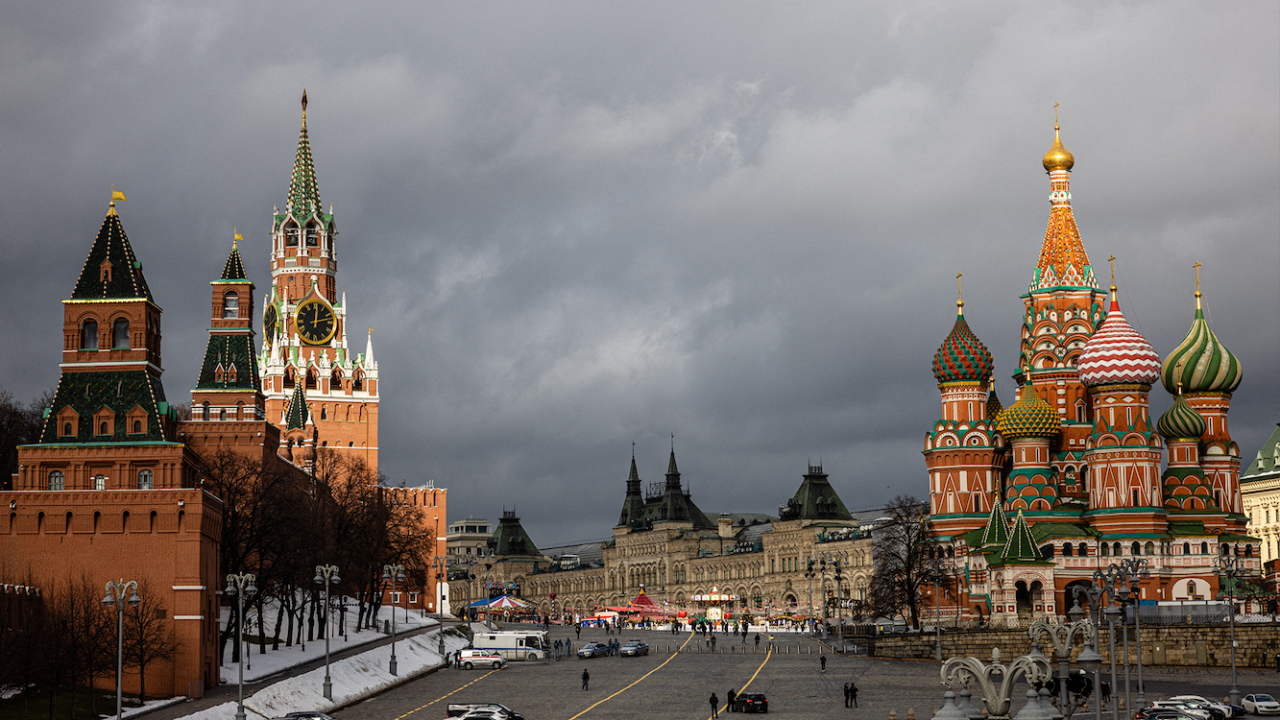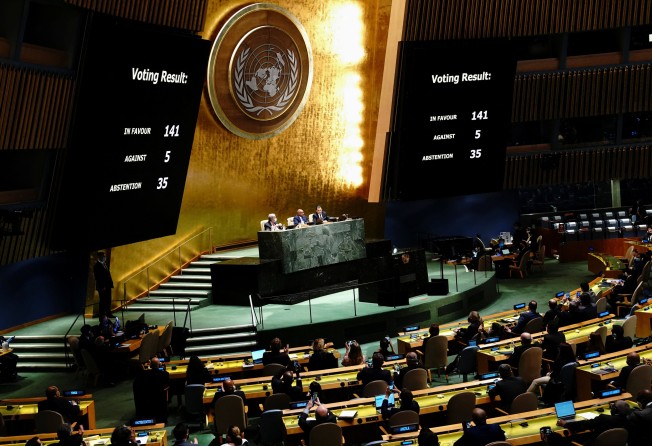
04:01
How international sanctions imposed since Ukraine invasion are hitting Russia

Even by its own standards, the Association of Southeast Asian Nations (Asean) has faced considerable criticism in recent months.
Most critically, on dealing with Myanmar’s military rulers – whether to choose tough love or engagement – the 10-nation bloc has been so badly divided that many observers have suggested the crisis could mark the beginning of the end of its relevance.
Similar condemnations were heard last weekend, when the grouping cobbled together a short statement to address the Russian invasion of Ukraine. There was no criticism of what was irrefutably naked aggression by Moscow. Instead the grouping called on “all relevant parties to exercise maximum restraint”.
Why even bother with such a non-statement, some learned observers asked.
Asean as a grouping may have offered a vacuous response to the Russian invasion, but on Wednesday night most of the region’s national governments made clear their individual positions were that the aggression was unacceptable.
Eight of the 10 nations voted “yes” on the UN General Assembly resolution condemning the invasion. Communist-ruled Vietnam and Laos abstained.
Among the countries that approved the resolution was Myanmar, which was represented by Kyaw Moe Tun – the permanent representative appointed by the ousted civilian government. The UN continues to recognise him as Myanmar’s sole envoy to the world body.
His “yes” vote would have come as a slap in the face for the ruling junta, which last week said it backed Russian President Vladimir Putin’s invasion. Also earning praise from Asean watchers were the “yes” votes by Cambodia and Thailand. Both are usually seen as being more aligned diplomatically with Russia and China, rather than the West – which was the architect of the General Assembly resolution.
The veteran Asean commentator Kavi Chongkittavorn told me the decisions of these two countries to back the resolution was a signal they viewed their vote as “a matter of principle and respect for sovereignty, international law and the UN charter [and] not a matter of taking sides”.
Elsewhere in Asean, Singapore earned praise at home and abroad for its unequivocal support for Ukraine, and its position that standing up against the idea that “might is right” was a matter of principle for a tiny city state.
The Ukrainian UN envoy Sergiy Kyslytysa told the General Assembly before Wednesday’s vote that the resolution would prove to be “one of the building blocks” to stop the evil that Putin’s invasion represents.
For Asean, the rare display of political spine by national governments to send a strong signal about international law should be seen as a similar building block to prove the naysayers wrong. Governments can and must dig deep to unite and adopt similar principled positions on issues such as the junta’s violence in Myanmar.